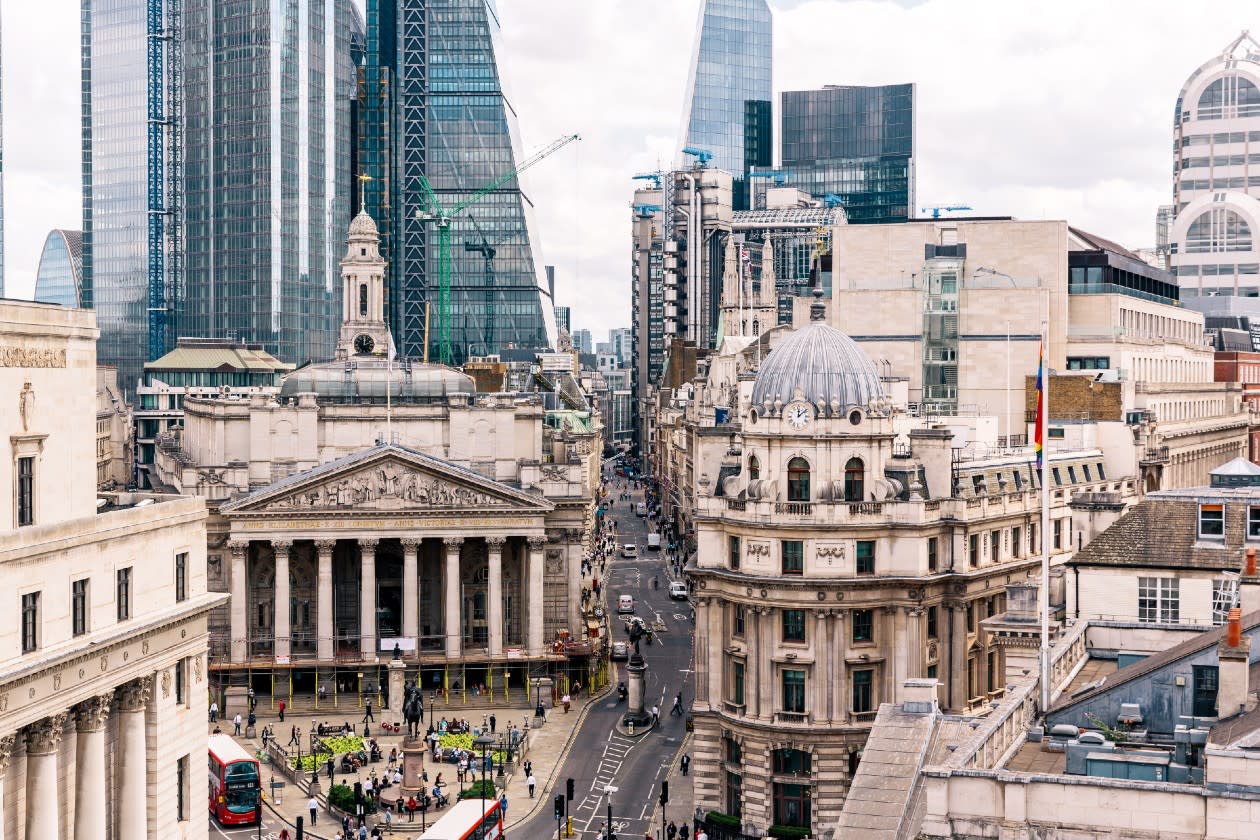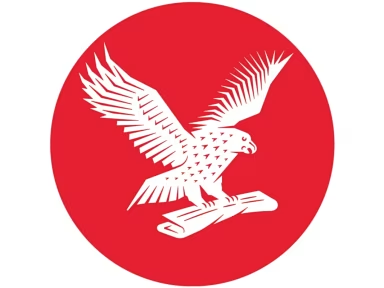Any hopes the governing Conservative Party may have of the Bank of England cutting its main interest rate from a 16-year high of 5.25% Thursday are expected to be dashed — even though inflation in the U.K. has fallen to its target rate for the first time in nearly three years.
Official figures on Wednesday showed that inflation, as measured by the consumer prices index, fell to 2% in the year to May from 2.3% the month before, with food prices providing the biggest downward contribution. That's the first time since July 2021 that inflation has been at the bank's target.
Despite the welcome decline, some policymakers on the bank's Monetary Policy Committee appear to be still concerned over the scale of price increases in the crucial services sector and the pace of wage increases, which raise the risks of an inflation rebound if interest rates are cut too soon.
“That is why an interest rate cut tomorrow is still very unlikely,” said Luke Bartholomew, deputy chief economist at asset management firm abrdn, formerly Aberdeen Asset Management. "But we think the Bank’s communication tomorrow will set out a path for a cut in August, which is now looking increasingly likely.”
Prime Minister Rishi Sunak bet that the more stable economic environment would help his Conservatives when he surprised many and called an early election for July 4.
However, opinion polls have barely budged over the past four weeks and the main opposition Labour Party, which is led by Keir Starmer, is widely expected to return to power for the first time since 2010.
This article was written by Via AP news wire from The Independent and was legally licensed through the DiveMarketplace by Industry Dive. Please direct all licensing questions to legal@industrydive.com.

